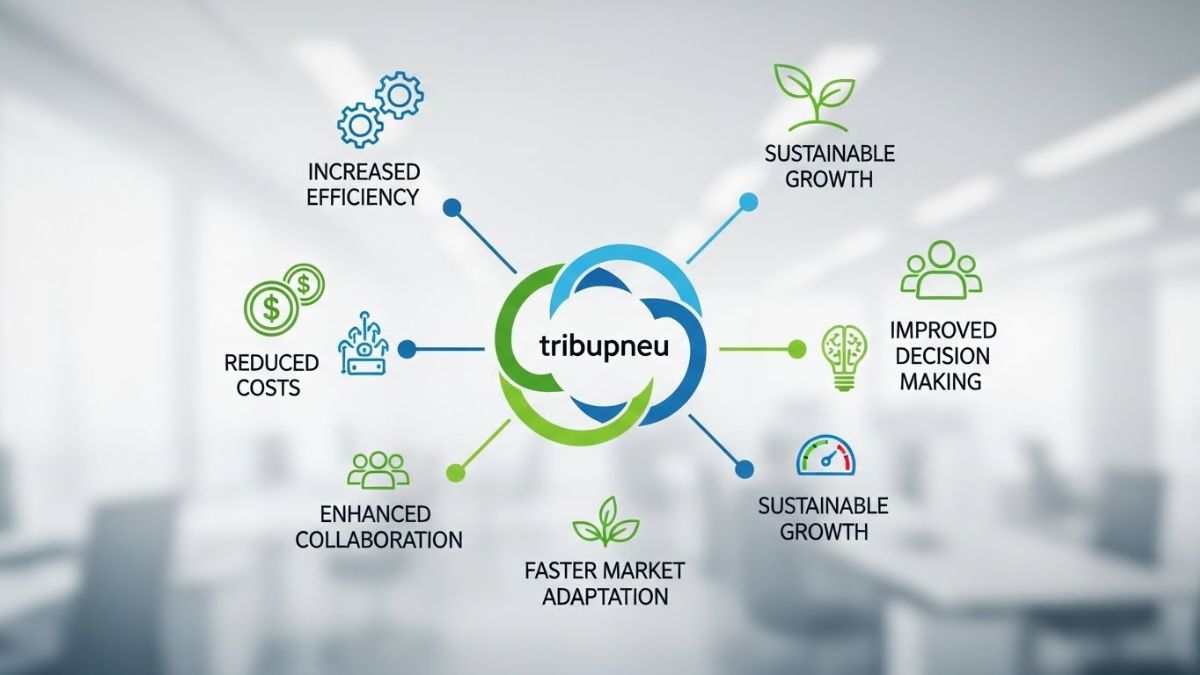Especially when utilizing antiquated, manual procedures, managing a non-profit organization’s finances can seem like an enormous task because it takes a lot of time and is disorganized.
A non-profit’s operations can be derailed by intricate funding arrangements, mistakes and inefficiencies, and the ongoing need to uphold compliance and openness.
To alleviate the strain of manual operations, a growing number of these firms are utilizing contemporary ERP solutions like as Dynamics 365 Finance and Dynamics 365 Business Central.
The Challenges of Manual Financial Management in Non-profits
Let’s begin by looking at a few of the most formidable obstacles non-profits face:
- Complex Funding Structures: Nonprofits manage a range of funding sources, each with specific criteria, including grants, donations, and sponsorships. Handling them by hand can be challenging and frequently results in poor financial decisions and lost opportunities.
- Grant Management: Extensive bookkeeping and reporting are necessary for grants. Manual procedures run the danger of missing deadlines and producing insufficient paperwork, which could result in future funding and compliance problems.
- Errors & Inefficiencies: Financial procedures carried out by hand are ineffective and prone to mistakes. Errors in data input and delayed financial data can cause delays in decision-making and lower the accuracy of financial accounts.
- Financial management is strained when it comes to tracking and limiting spending because it might be difficult to do so without automation. This can lead to budget overruns and uncertainty about the availability of funds.
- Issues with Transparency and Compliance: Inconsistent reporting and spending tracking resulting from manual processes might pose challenges to regulatory compliance and transparency. Funding and donor confidence may be seriously jeopardized as a result.
- Financial procedures are automated by contemporary ERPs such as Dynamics 365 Business Central and Dynamics 365 Finance. They assist non-profits in effectively managing funds, grants, and expenses by offering real-time data and guaranteeing compliance, improving accountability and transparency.
Benefits of Modern ERP Solutions
Let’s look at these cloud ERP solutions’ benefits and how they are changing nonprofit institutions.
- Automation and Streamlining: By automating and streamlining financial operations, contemporary ERP systems significantly lower the possibility of human error. By ensuring accuracy and consistency, this automation boosts productivity and lowers the possibility of significant financial inconsistencies.
- Real-Time Financial Data: To make well-informed decisions, real-time access to financial data is essential. ERP systems give non-profit leaders and accounting teams easy access to current financial data, making it possible for them to track spending, estimate budgets with accuracy, and monitor cash flow.
- Diverse Revenue Management: Grants, contributions, and membership fees are just a few of the many revenue sources that nonprofit organizations frequently oversee. ERP programs, such as Dynamics 365 Finance, are skilled at effectively managing these many revenue streams. They are able to automate the tracking and distribution of money, guaranteeing accurate accounting for any source of income.
- Reporting and Compliance: ERP systems are excellent at generating precise, thorough reports that adhere to legal requirements and enhance accountability and transparency. They are able to provide a range of financial reports, such as grant-specific reports, income statements, cash flow statements, and balance sheets. The organization can now more effectively show financial integrity to stakeholders and regulatory agencies thanks to this full reporting capability.
- Working in the Cloud: Non-profits can save a lot of money on infrastructure and staff by implementing cloud-based ERP solutions. This enables you to keep costs down while managing your money more effectively.
Dynamics 365 Finance and Dynamics 365 Business Central can hence be revolutionary for non-profit companies. From cutting expenses to automating operations to providing real-time financial data to handling various revenue streams and provide thorough reporting they can handle all. With these cutting-edge ERP programs, nonprofits can increase efficiency, maintain compliance, and strengthen their financial transparency.
Conclusion
For non-profits, ERP solutions can be revolutionary. A contemporary ERP such as Microsoft Dynamics 365 Business Central guarantees precise, comprehensive reports that are compliant with regulations and meet board presentation requirements, providing the real-time financial data visibility required for well-informed decisions.
By switching to a state-of-the-art ERP system such as Dynamics 365 Finance, you can more effectively handle grants, donations, and various revenue streams. You can also increase accountability and transparency, which will improve financial clarity, operational efficiency, and the impact you can have on your mission.
ALSO READ: Best Practices for Seamless WMS Integration with Walmart















